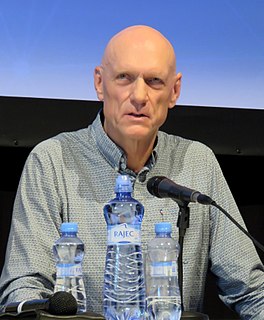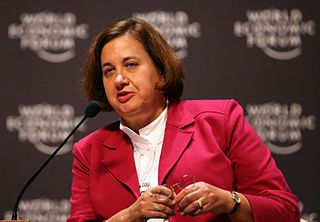A Quote by John Delaney
Climate change is the environmental challenge of this generation, and it is imperative that we act before it's too late.
Related Quotes
...the world needs to face up to the challenge of climate change, and to do so now. It is clear that climate change poses an urgent challenge, not only a challenge that threatens the environment but also international peace and security, prosperity and development. And as the Stern report showed, the economic effects of climate change on this scale cannot be ignored, but the costs can be limited if we act early
But no matter how big the effort to push a propaganda line might be, climate change is bigger. This, undoubtedly and regrettably, is the biggest immediate long-term environmental challenge we face. A failure to concretely come to some policy outcome on climate change has not only a negative environmental impact but also social and economic consequences for us.
"Thank You for Being Late" pinpoints 2007 as the year what he calls the, quote, great acceleration began, ushering in a dizzying and disorienting era of change - technological, economic, environmental. Dealing with that change, the challenge of our time, says Tom Friedman. He's here to explain it right now.
Life is insanely robust, though we can make species go extinct, and this is the bad thing. So I always make the point that you can't say, 'Is it too late?' That is the terrible question, because either answer promotes inaction. If it's too late, you don't need to act; if it's not too late, you don't need to act.
































